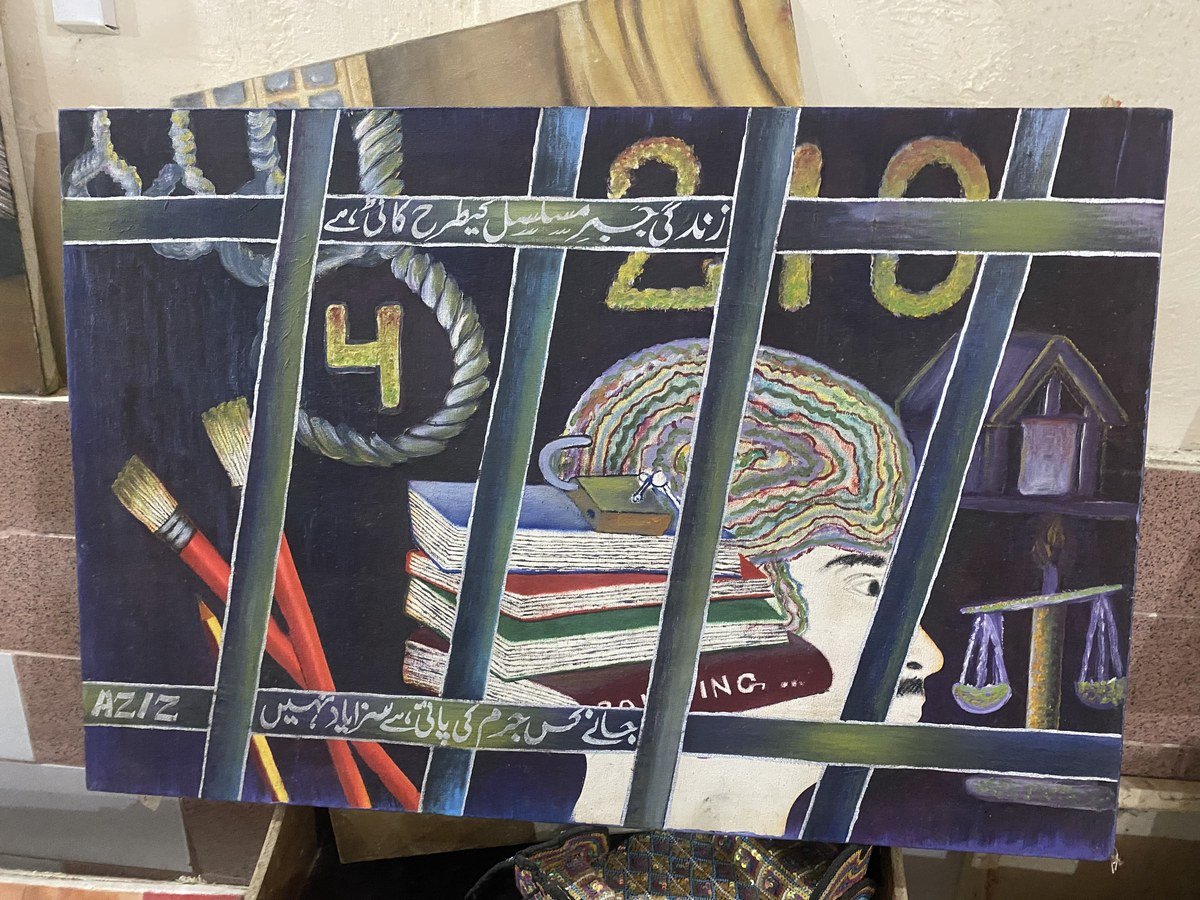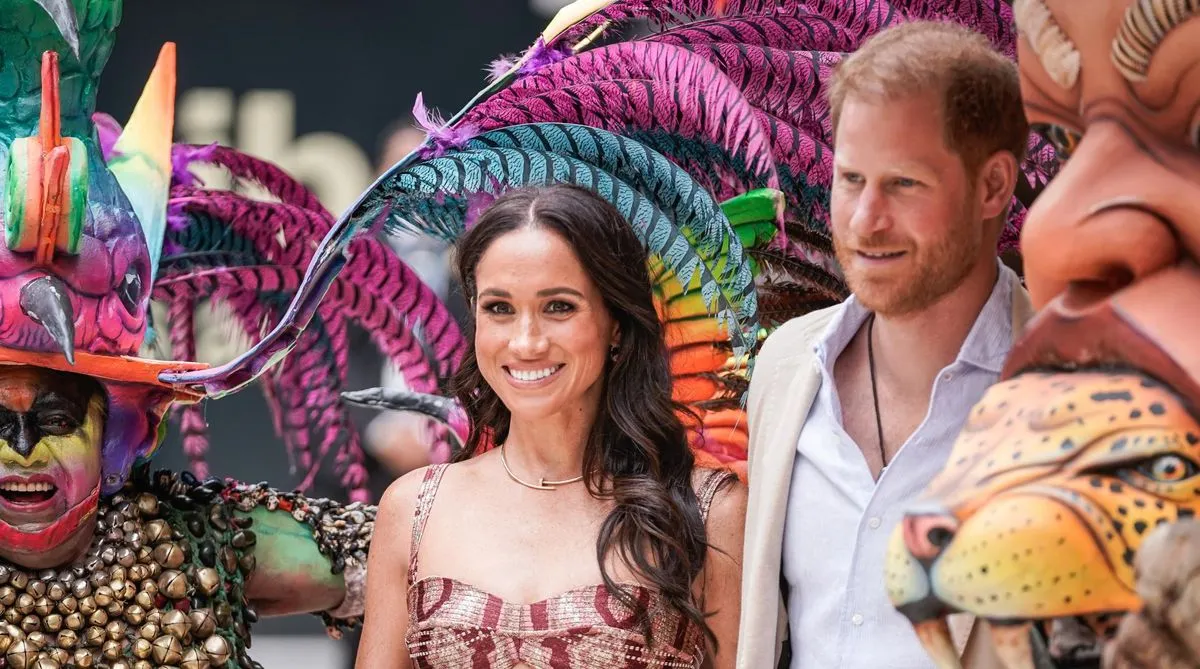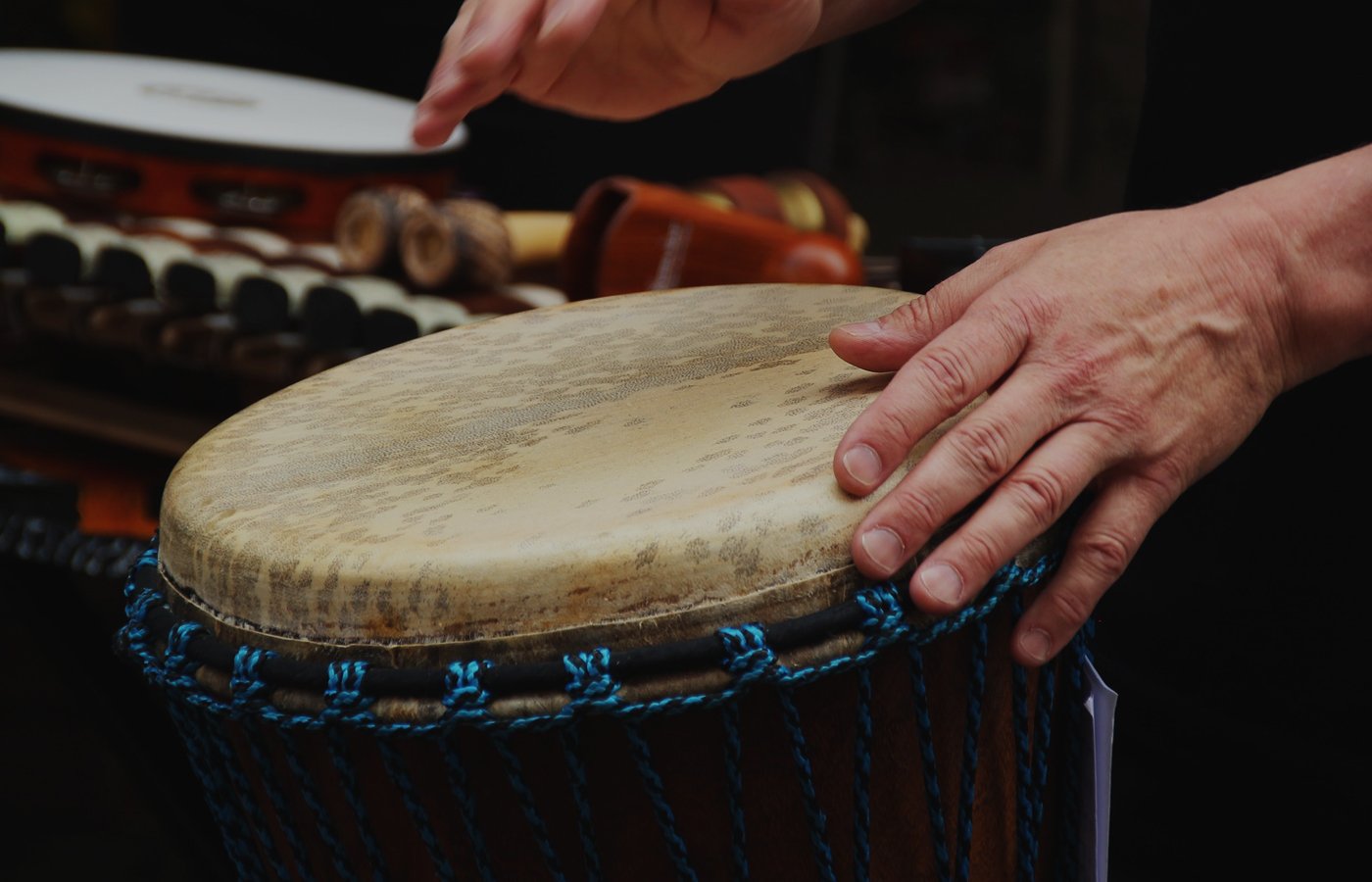Indian journalist Rajdeep Sardesai recently posed a question on social media, asking why Pakistan never hosted iconic Indian singers like Lata Mangeshkar, Asha Bhosle, or Kishore Kumar—despite India embracing legendary Pakistani artists such as Nusrat Fateh Ali Khan and Mehdi Hassan.
While the question sparked debate, it overlooks a long and well-documented history of cultural exchange between the two countries—one that includes mutual admiration, state honours, public performances, and commercial collaborations.
Take the example of Dilip Kumar, one of the most celebrated figures in Indian cinema. In 1998, he was invited to Pakistan as a state guest and was awarded the Nishan-e-Imtiaz, the country’s highest civilian honour, by then-president Rafiq Tarar. This gesture highlighted Pakistan’s respect for his contributions to cinema, despite the tense political backdrop of the time.
Similarly, Bollywood veteran Shatrughan Sinha made multiple visits to Pakistan during the 1980s under General Zia-ul-Haq’s regime, further strengthening cultural ties.
Music has long served as a bridge between the two nations. Sonu Nigam performed to a packed audience in Karachi in 2004, while Kanika Kapoor’s 2016 concert in Islamabad was part of cross-border peace efforts. Popular artists such as Lucky Ali, Mika Singh, and Sukhbir have also performed in Pakistan over the years, receiving widespread appreciation.
Beyond live performances, Indian celebrities have regularly featured in Pakistani advertising campaigns. Katrina Kaif, Kareena Kapoor, Sonam Kapoor, and Nargis Fakhri have all represented Pakistani brands. In 2005, Saif Ali Khan and Katrina Kaif even attended private events in Lahore, where they were warmly welcomed. Indian actor Raza Murad also visited Pakistan multiple times, most notably in 2014 and 2016.
These examples clearly show that Pakistan has extended cultural goodwill toward Indian artists time and again. On the other hand, Pakistanis have faced more limited opportunities in India. Pakistani cricketers have been excluded from the Indian Premier League (IPL) since 2008. Collaborations involving Pakistani actors or singers are often met with online trolling, calls for boycotts, and political pressure.
Most recently, the Punjabi film Sardaar Ji 3, starring Diljit Dosanjh and Pakistani actress Hania Aamir, has become the latest target of controversy—once again revealing the challenges of maintaining cultural ties in an increasingly polarised environment.
Despite the political tensions, history shows that cultural exchange between India and Pakistan has been far more mutual than one-sided.



